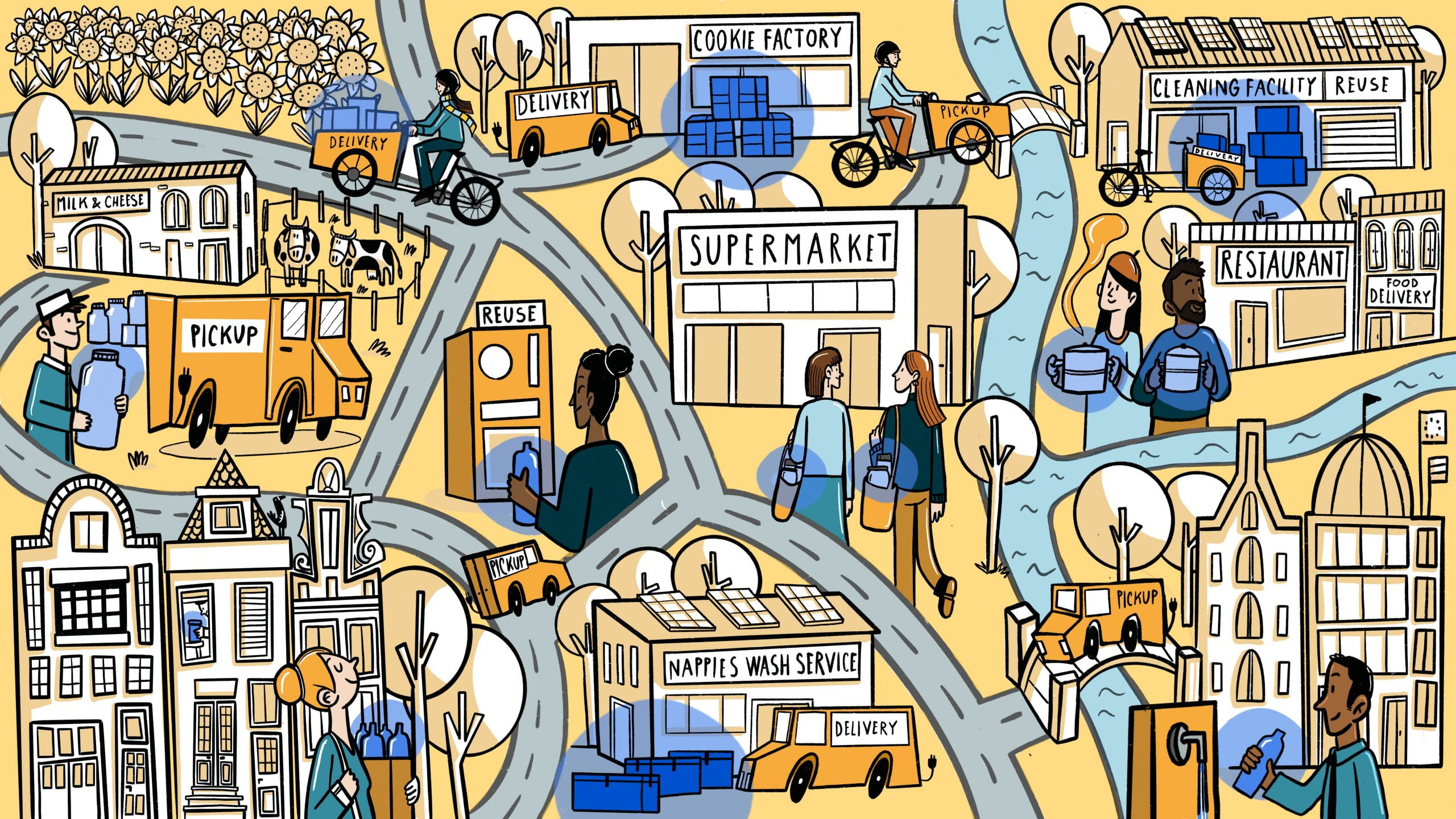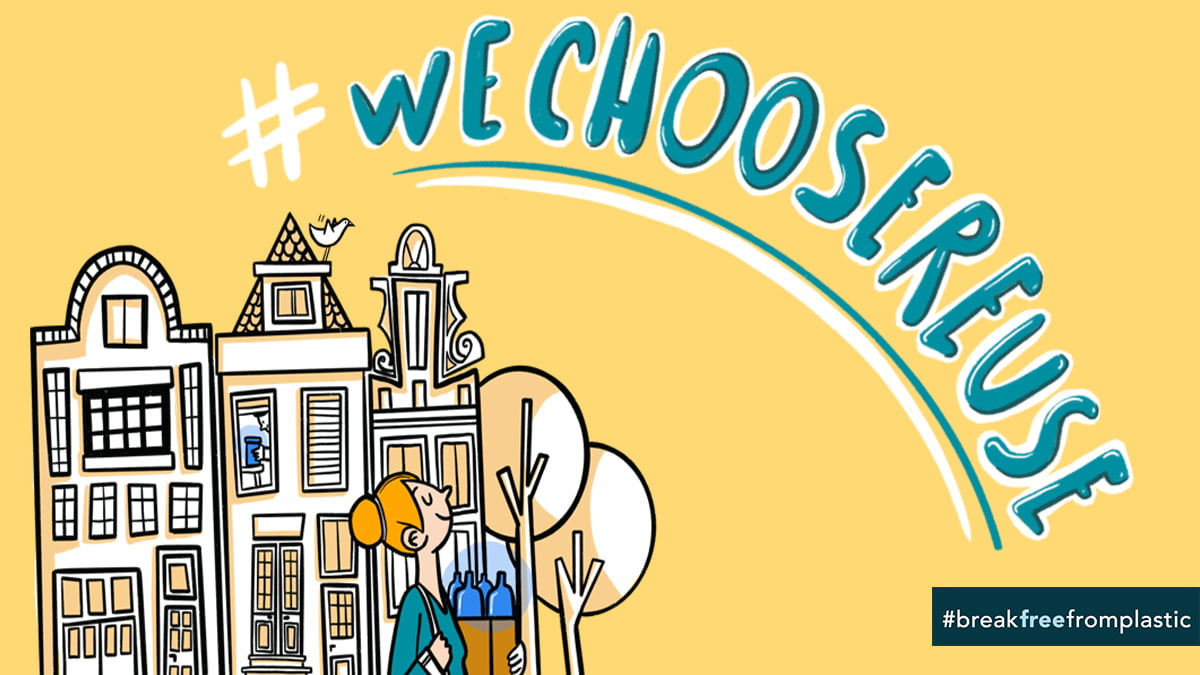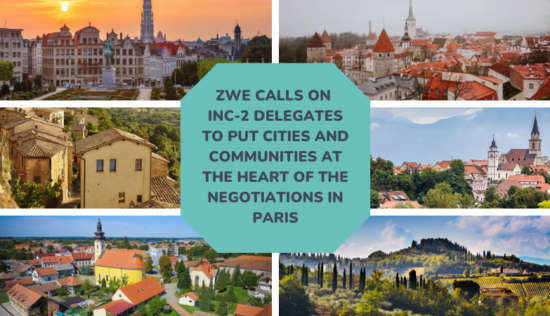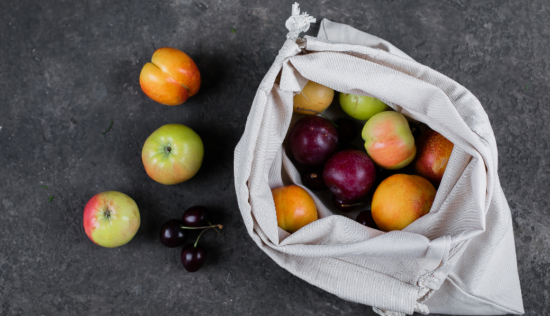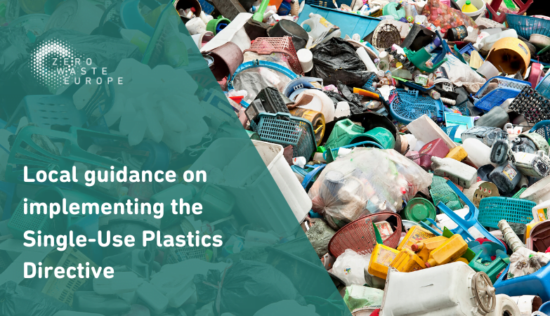Local authorities across Europe are slowly beginning to recognise the urgent need of moving away from waste management and towards resource management instead.
Earlier this year, Break Free From Plastic launched the “We Choose Reuse” campaign that aims to encourage individuals, businesses, local municipalities as well as national and European policy makers to create frameworks for successful implementation of reuse systems across the continent.
The road to zero waste is an urgent and required one. It requires a transition in the way we produce and consume goods, challenging the existing linear economic model and the single-use culture of today. This is why reuse systems are so important, as they enable materials and products to maintain their value after every single use.
Fortunately, there are a lot of towns and cities across Europe, which have already undertaken this path and now are able to share their learning with others (discover them all here).
For example, European municipalities can take some immediate steps to reduce waste and promote reuse systems within their communities, such as:
- Adopting public procurement policies that prioritise reuse services and products within municipally-run and sponsored events and facilities;
- Introduce relevant local ordinances that prohibit and tax single-use items, and facilitate greater reuse and repair initiatives;
- Promoting and facilitating an increase in local, environmentally-friendly alternatives to single-use and implement economic incentives that support and prioritise reuse, such as deposit systems on reusable containers for beverages and food, or free tap water in public spaces;
- Deliver clear and locally-tailored communications, explaining not only how, but also why, such measures are important and beneficial to the protection of the natural environment and the creation of local jobs;
- Creating local initiatives and supporting the design of mandatory national Deposit Return Systems (DRS) for reusable containers for both food and drinks;
- Providing economic and legal support to local businesses who offer reuse options;
- Phasing out harmful waste management practices such as incineration;
- Monitoring remaining waste to identify products and materials that need to be redesigned for reuse and planning further steps in waste reduction.
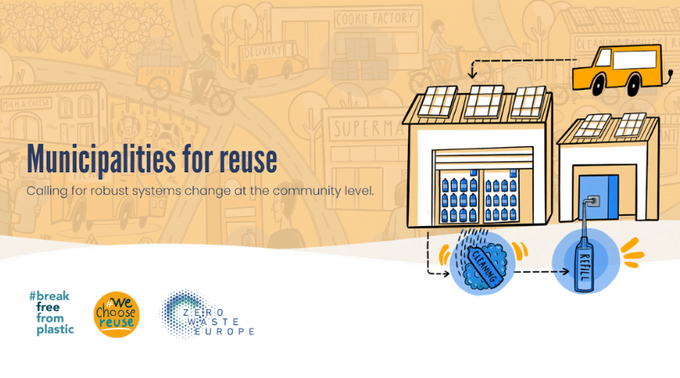
How municipalities are supporting reuse
Located in Tuscany, Capannori was the first town in Europe to declare a zero waste goal back in 2007. One of the most visible and tangible changes locally due to the municipality’s zero waste commitments is that residents are able to buy products in bulk and drink from the tap in much higher volumes & more often than before. This was enabled by local tax incentives introduced by the municipal council for businesses willing to stock packaging-free produce. A local grocery shop Effecorta was opened in 2009 with 250 locally sourced food and drink products in bulk. This allowed the local residents to buy pasta, wine, oil and many other everyday products without packaging which would have otherwise ended up in the local landfill site.
The Slovenian capital, Ljubljana is Europe’s first zero waste capital. After 10 years of implementing a zero waste strategy, the city achieved some impressive results:
- Total waste generation decreased by 15%
- The average of recycled or composted waste went up to 61%
- The amount of waste sent to landfill decreased by 59%
- Between 2004 and 2018, the quantity of recovered materials in Ljubljana increased by 13x, from 16kg to 220 kg per person.
The collection system which facilitated this change included a door-to-door collection of recyclable and biodegradable waste, as well as eight collection centres for at least 12 different waste streams, ranging from plastics to textiles and construction waste. Read more about the story of Ljubljana and the other zero waste cities across Slovenia.
An important tool available to municipalities to prevent plastic waste, through the scale up and impact of reuse systems, is to ban single-use items in public events/spaces, replacing these with reusable alternatives. In March 2020, Vilnius City Council, the capital of Lithuania, took the decision to ban disposable plastic items from being used during the catering of any city events. Event organizers will also have to prepare separate collection containers to encourage recycling where reuse isn’t possible. Vilnius is not alone within Lithuania in taking this decision. Joniškis was actually the first city to do so in 2019. Afterwards, more cities have followed suit, including one of the top sightseeing locations, Trakai, as well as the fifth largest city, Panevėžys.
As a local authority, you can sign the #WeChooseReuse open letter for municipalities that asks decision makers and businesses to implement effective reuse systems, becoming one of Europe’s local reuse champions that are leading the way towards a more sustainable future.
Are you an individual? Sign the commitment as an individual, to ask your municipality to join the reuse revolution and commit to reuse.
